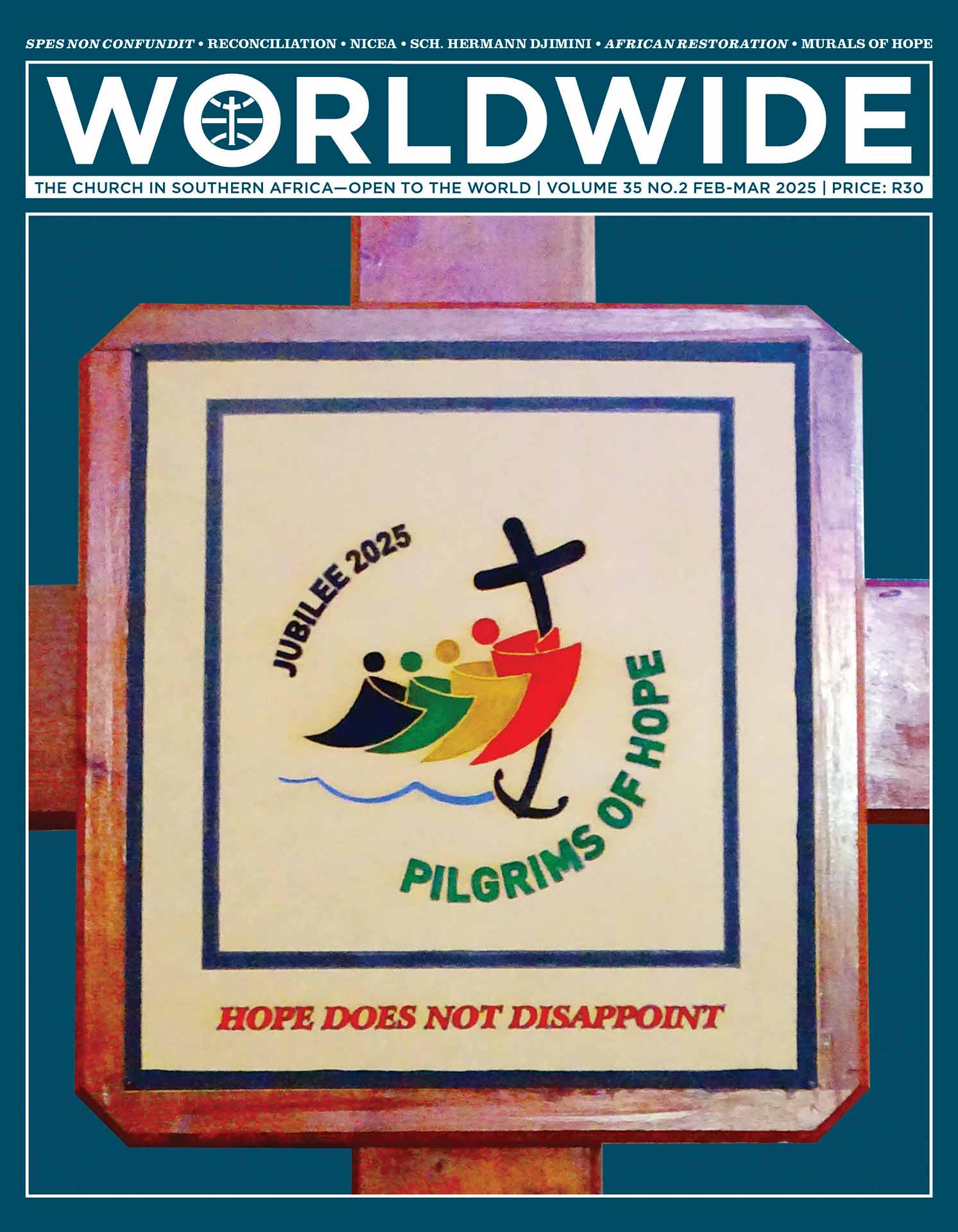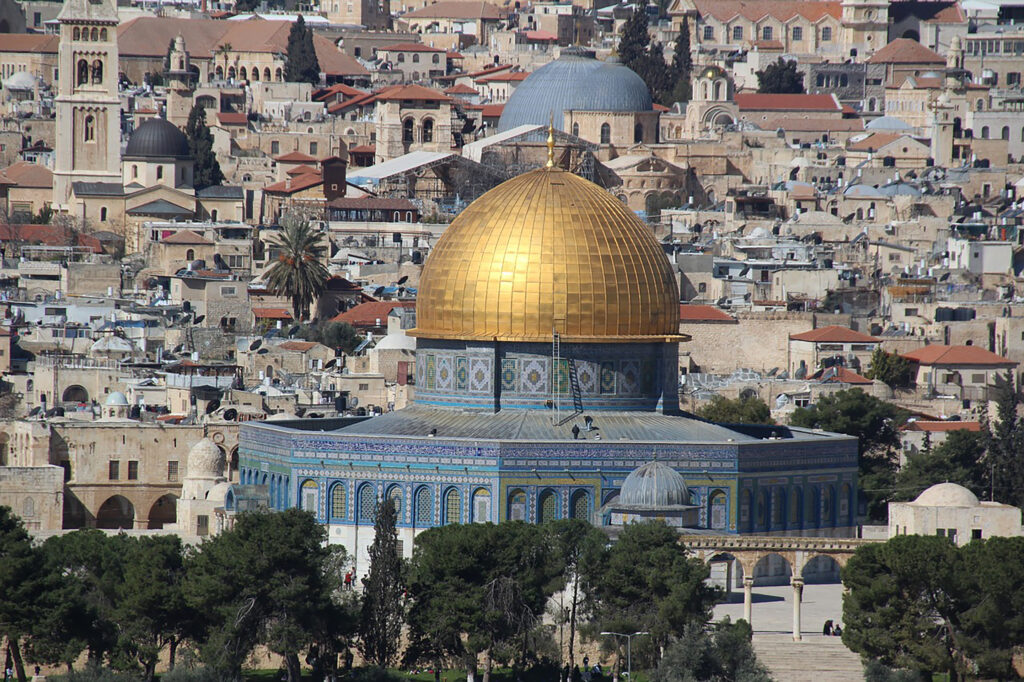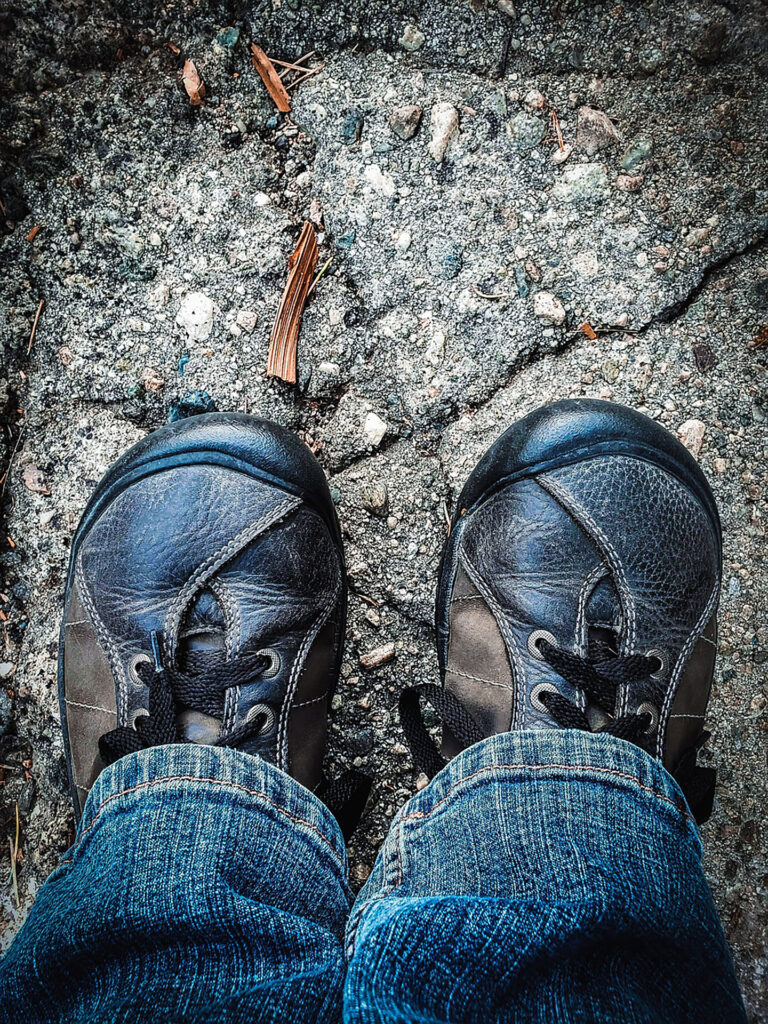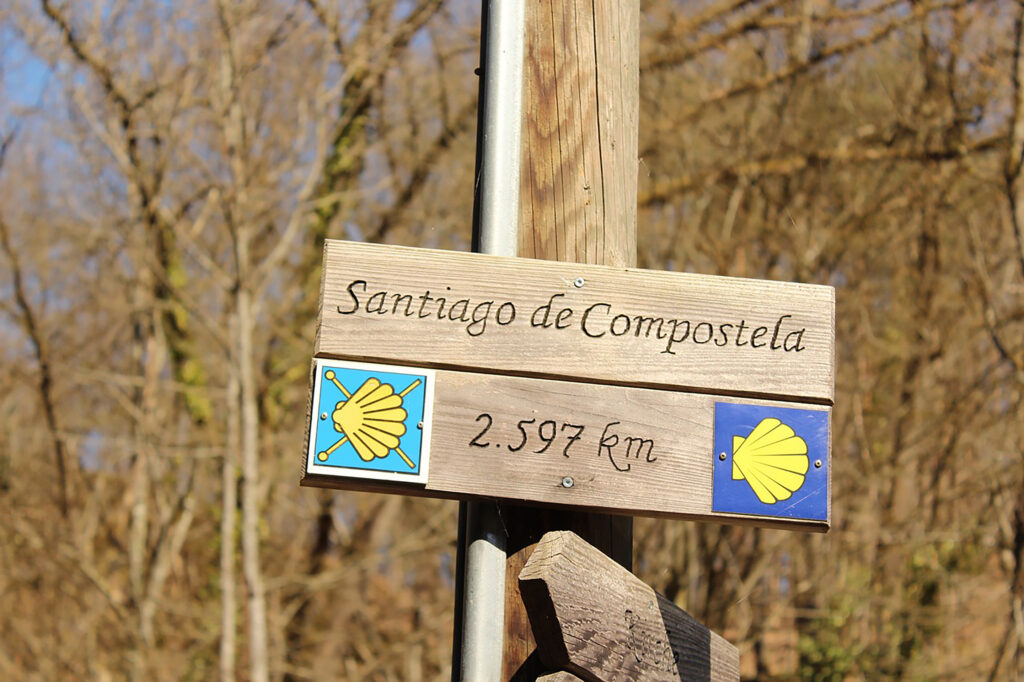
FINDING A HOME
The cross is also the anchor of our hope as it appears in the Jubilee logo embedded onto the lit candle. The lower part of the cross is elongated and turned into the shape of an anchor, which is lowered into the waves and stabilizes the ship amidst the storms.
In addition, the cross is bent down backwards towards the four human figures. This indicates God’s act of compassion, seeking us out and offering surety of hope.
YOUTH VOICES • HOPE

WHAT IS THERE TO HOPE FOR?
The invitation to hope, which the Jubilee calls for, seems daring if we consider a world like ours, immersed in many challenging situations. However, it is precisely that hope, a gift from God, which gives meaning to our life journey and leads us to dream beyond our constrained realities.
BY JILL WILLIAMS | CANDIDATE LANDSCAPE ARCHITECT, PRETORIA
THE FUTURE looks bleak. Various conflicts and wars are raging throughout the world, economic turmoil and the cost of living are becoming unbearable for millions of people globally, continuous chemical and biological threats to human life have the ability to bring the entire world to its knees. The earth is becoming increasingly vulnerable to climate change due to various factors which are affecting all species, including ourselves. We face a pending threat of life on the planet being extinguished by either a natural disaster or a meteor strike.
What is there to look forward to when everything seems to be spiralling towards some unexpected disastrous end? People seem to have little to live for apart from the next Friday, the next pay check, the next Christmas, the next best thing, whatever that may be. Even these ‘highlights’ have been stripped of their virtue, and have been taken out of context by commercialisation.


Invited to hope
Yet in the midst of all this, in the midst of our daily struggle, we are called by Pope Francis to rejoice and celebrate a year of Jubilee. The theme, “Pilgrims of hope” goes completely against the grain of the times we are living in. It is like the Lord’s hand reaching out to us from the dark clouds of uncertainty, beckoning us to join Him on a journey. Many might not have heard the call, and some may have, but are not interested. However, for those who have heard the call and are interested, there is a reward. Hope.
The Jubilee is a joyous time when the entire community looks forward, with great expectation and anticipation, to a sacred event of freedom.
Jubilees, in Jewish tradition, take place every 50 years and mark a year of remission of sins, freedom for slaves and prisoners as well as the pardoning of debts (who wouldn’t want that?). In the Catholic Church, these Jubilees are usually celebrated every 25 years, with similar traditions, apart from the release of prisoners and debt cancellation in the literal sense. It is a joyous time when the entire community looks forward, with great expectation and anticipation, to a sacred event of freedom. It is a joint celebration with all, young and old, rich and poor. No one is exempt from receiving the benefits of the Jubilee. This is what we are all invited to this year.
Inclusive journey
A pilgrimage, like a Jubilee, is an open invitation to everyone. Not only to the super-fit or the super spiritual, not only to the Christian, the Jew or the Muslim. It is a journey taken together with other pilgrims, or as a solo venture, and is a conscious decision to discover the truth of who you are in relation to the purpose of the journey. Jesus welcomed all (including the sly Pharisees and Sadducees and those who would later crucify Him) to listen to Him, be healed, to walk with Him and to dine with Him. The only beings Jesus ever asked to leave his presence were the Devil and the demoniac. He longs to be your companion as you walk—you are not alone!
Your travelling bag should only contain essential items such as the willingness to walk long distances, to sleep in odd places, to meet people and encounter holy sites along the way. It requires of us to walk boldly, trusting the God of Hope for what we need in every moment and at every step of the way. That’s what makes it so daunting—the act of letting go and just trusting God. It is something to look forward to if you are willing to break the chains of fear and dread that control our daily lives. Yet, this release of the known in exchange for the adventure of the unknown is what will enable us to grow, to discover true freedom and the eternal hope of God.


Celebrating victory over fear
What is important as you take each stride, going from place to place, whether physically or spiritually, is not the monetary value of your bank account, or your capabilities, or the things you own, but rather the simple joys of living in unity with one another, with the grace and peace of Christ. Being a Pilgrim of Hope means actively seeking, longing, thirsting after what is good and what is God. It is a stubbornness that always favours the positive expectation of the fulfilment of what God has said. It is part of living out one’s faith. Without hope, there is no spark or fuel in the vehicle of faith. In the end, after all has been taken away, destroyed and removed, what will remain is faith, hope and love, and the greatest of these is love (1 Corinthians 13:13).
We have more to hope for than we may think. “I write to you, dear children, because you know the Father. I write to you, fathers, because you know Him who is from the beginning. I write to you, young men, because you are strong, and the word of God lives in you, and you have overcome the evil one” (1 John 2:14). The writer, believed to be John the Apostle, known as the one whom Jesus loved, repeats this twice, emphasising to young people the following three statements: We are strong. The Word of God abides in us. We have overcome the Evil One. Essentially, we have nothing to fear because God is good.
We can rejoice in the fact that hope is not the destination, but is indeed ingrained in the journey.
By allowing what is happening around us to determine the course of our lives, we enable it to direct our hope and transform it into hopelessness. The truth is that God’s love has already triumphed over fear. We can rejoice in the fact that hope is not the destination, but is indeed ingrained in the journey. The temptation for many people is to get to a point where we have “arrived”, where there are no more struggles or issues; reaching a point in life where we don’t need to worry about having enough or about what people think. This pilgrimage, however, will reveal a world of opportunity, showing us what it really means to live joyfully—to thrive.
Stars on the pilgrimage
One often finds markers on a pilgrim route, shrines or places to pause and reflect, which remind us of the journey which has passed, the journey ahead or even of the final destination of the pilgrimage. These are reminders to keep moving forward and to keep trusting in God during the process of the journey, as is indicated in Romans 15:13: “May the God of hope fill you with all joy and peace as you trust in Him, so that you may overflow with hope by the power of the Holy Spirit.” These are beacons of hope amidst the sweat and the fatigue of the walk of faith. Even during this journey, we need hope to spur us on until we reach the apex, the promise of Heaven.
There is more to life than whatever is wrong with it. There will always be something imperfect or flawed happening around us or even to us, because we live in a fallen world. “But those who hope in the LORD will renew their strength. They will soar on wings like eagles; they will run and not grow weary; they will walk and not be faint” (Isaiah 40:31).

